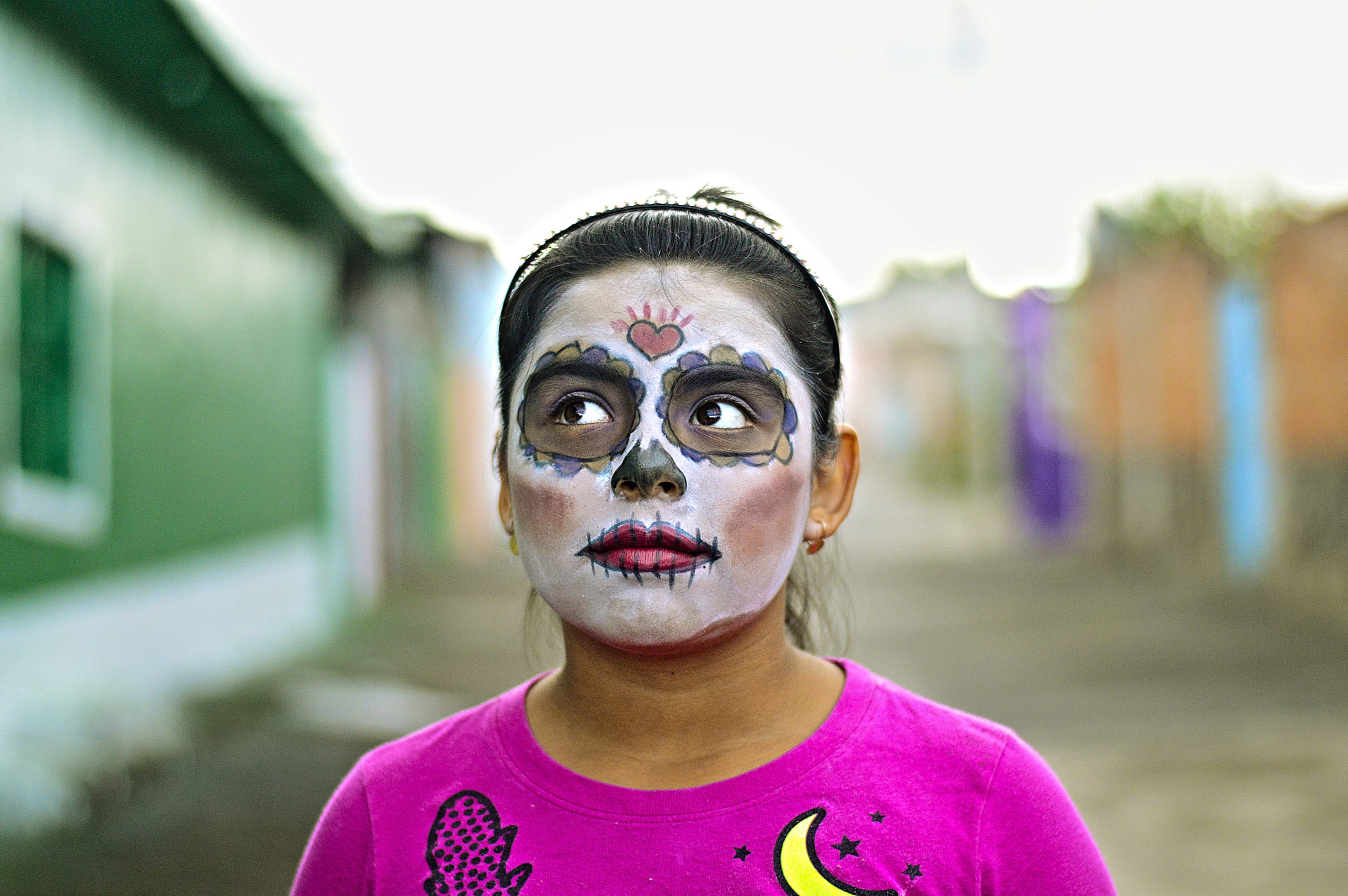A corollary issue is when is someone no longer “Hispanic enough” to be part of the target demographic? This hits home for me, as Vanessa is fully Mexican, making us a Latino household.
My girls are Latina, by definition, since the term is often seen as “White, Hispanic Origin” or “White, Non-Hispanic”. Since they’re all White and their mom is Hispanic, so are they. 🇲🇽
They’re eligible for things like the National Hispanic Merit Scholar. At what point should our descendants not be considered Latino anymore?1 Vanessa’s dad and both of her material grandparents were born in Mexico. She started life in an almost exclusive Latino environment. In middle school, though, she moved to one of the most white communities in the state. She was virtually the only Mexican during that time. After university, she married a white guy of almost completely German origin.
We now live in a “too White” area of town, by our thoughts. The vast majority of our friends aren’t Hispanic. The girls are learning Spanish, only because we’re putting them into a dual-language preschool since we don’t want to completely lose their language connection to their material culture.
Will they be the intended audience of Latino media efforts? Will their children? Their grandchildren? If they all marry non-Hispanic folks, at what point would they no longer be considered Hispanic?
Overall, most European immigrants from the 19th and early 20th century have all joined the Melting Pot where few would consider themselves “French” first because their great-great-great-great grandfather immigrated from France in 1850, but when did that shift occur?
I consider myself German mostly because I was told I was. 🇩🇪 I don’t do anything particularly related to that culture, besides an excuse to have an Oktoberfest celebration most years. The language wasn’t passed on in the family–on either side, even though my paternal ancestry is exclusively German and half of my material is exclusively German, as far as I’m aware.
In reality, I’m not any more culturally German than anyone else, even though, if “White of German Origin” was an the form, I’d select it. I’ve considered joining the Austin Saengerrunde, a group dedicated to promoting and enjoying German tradition and singing—not only because of their promotion of bier festivals 🍺. It would provide a tangible way to connect to my DNA’s history.
When does that shift occur from being German to wanting to know what it means to be German? Will it happen down the road for my descendants and their Mexican heritage?
- For the National Hispanic Merit Scholar, you need to be a quarter Hispanic, so my grandchildren will qualify at least. ↩

Leave a Reply